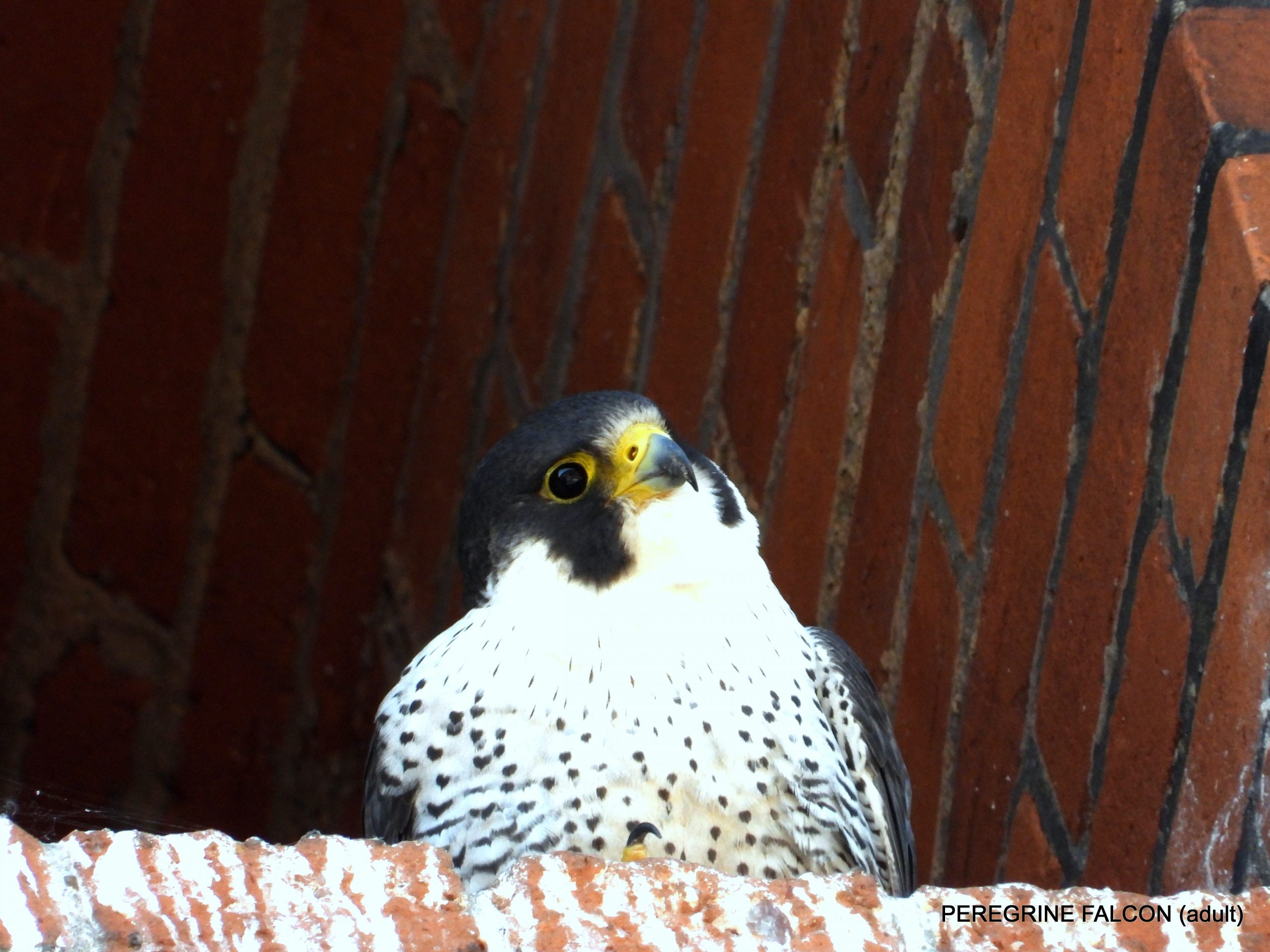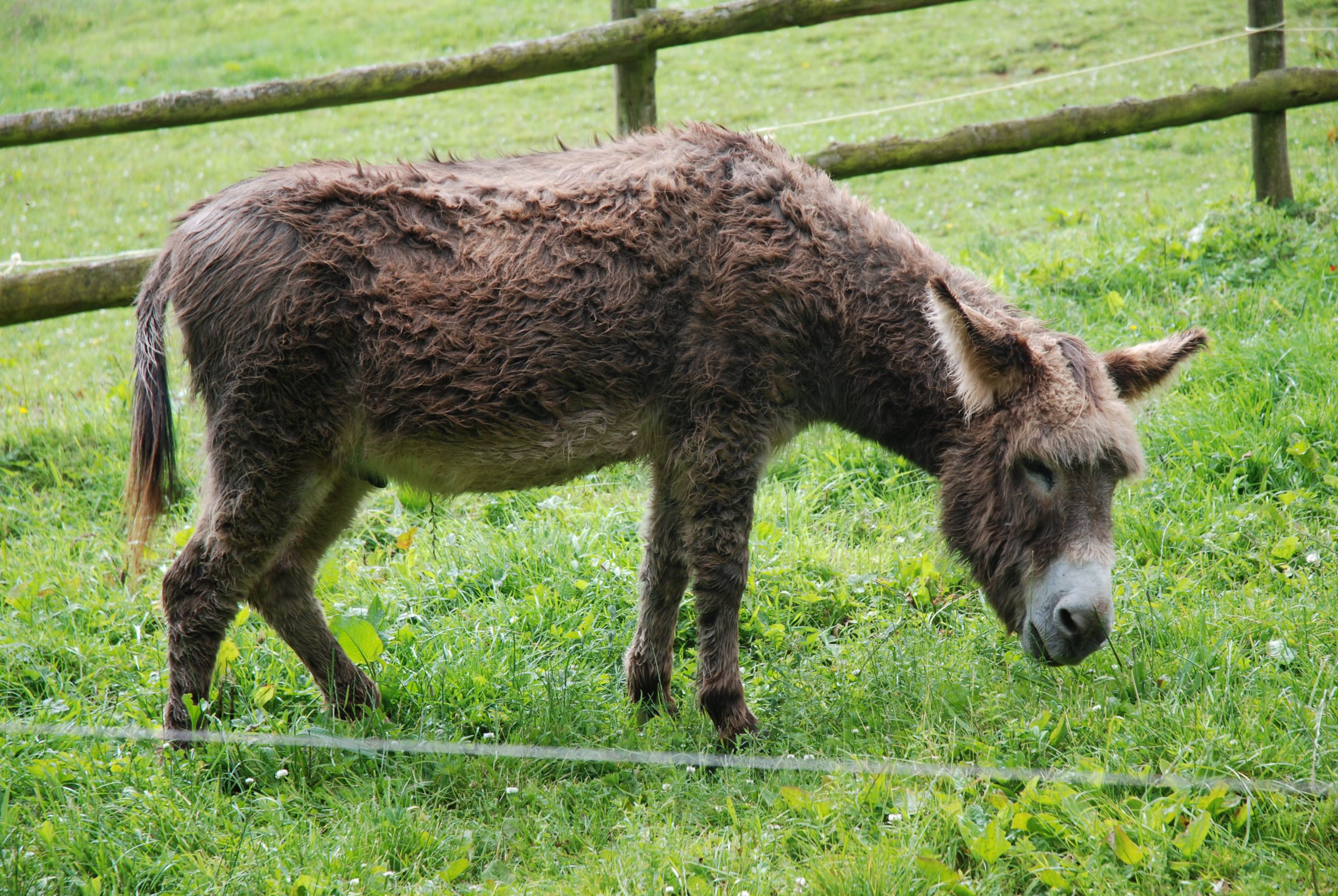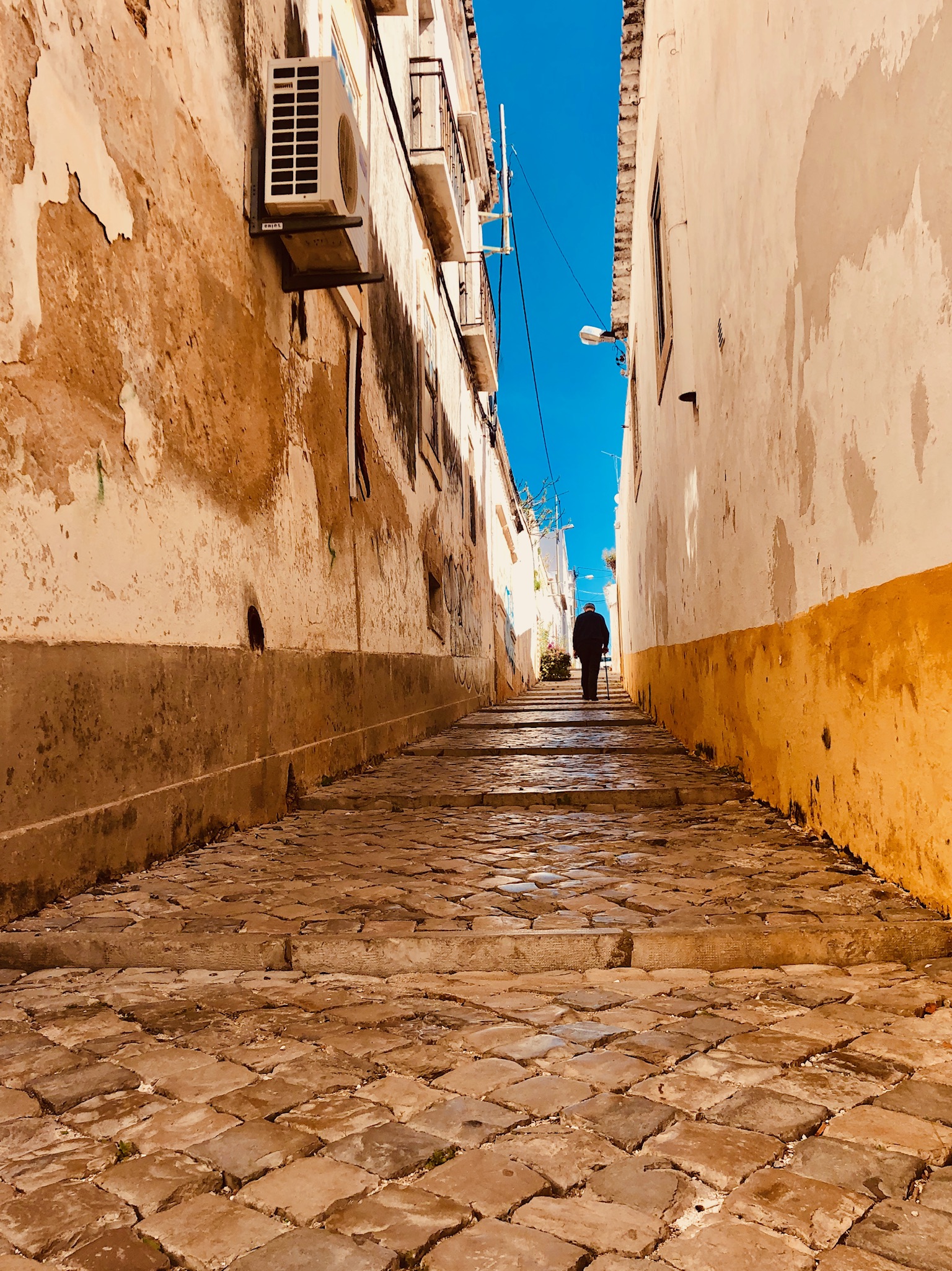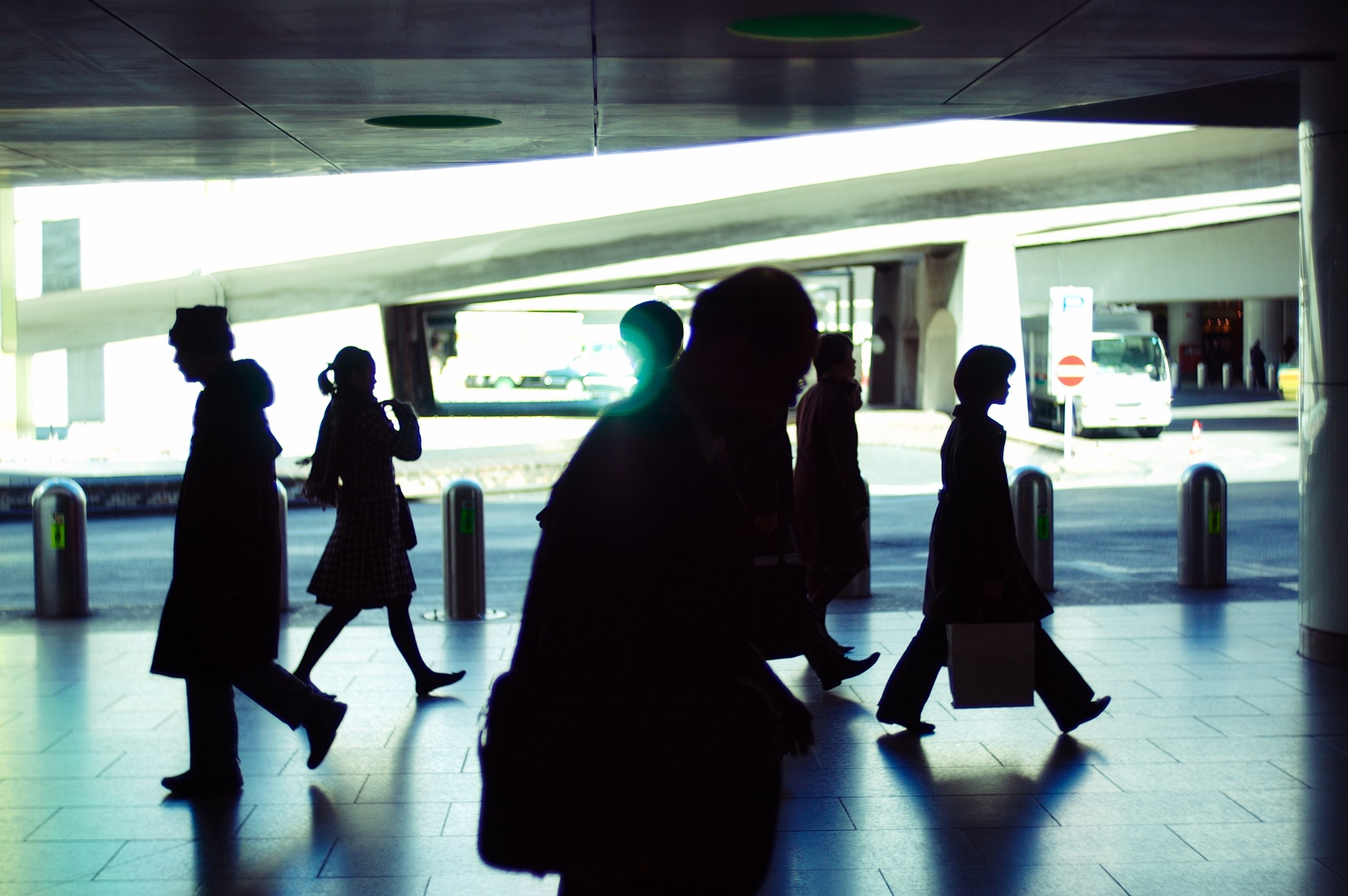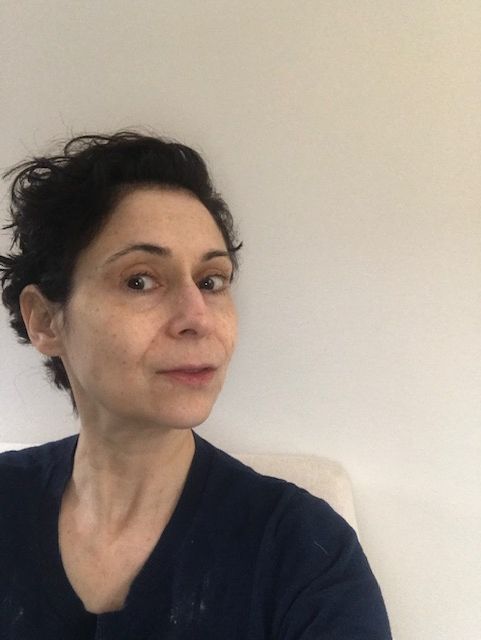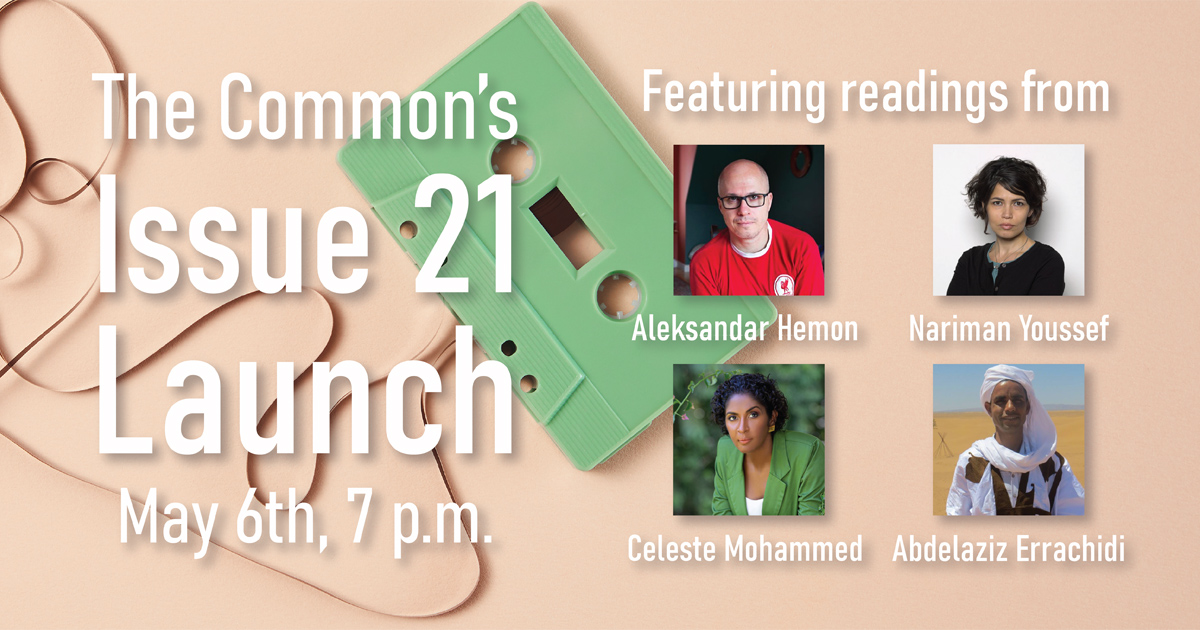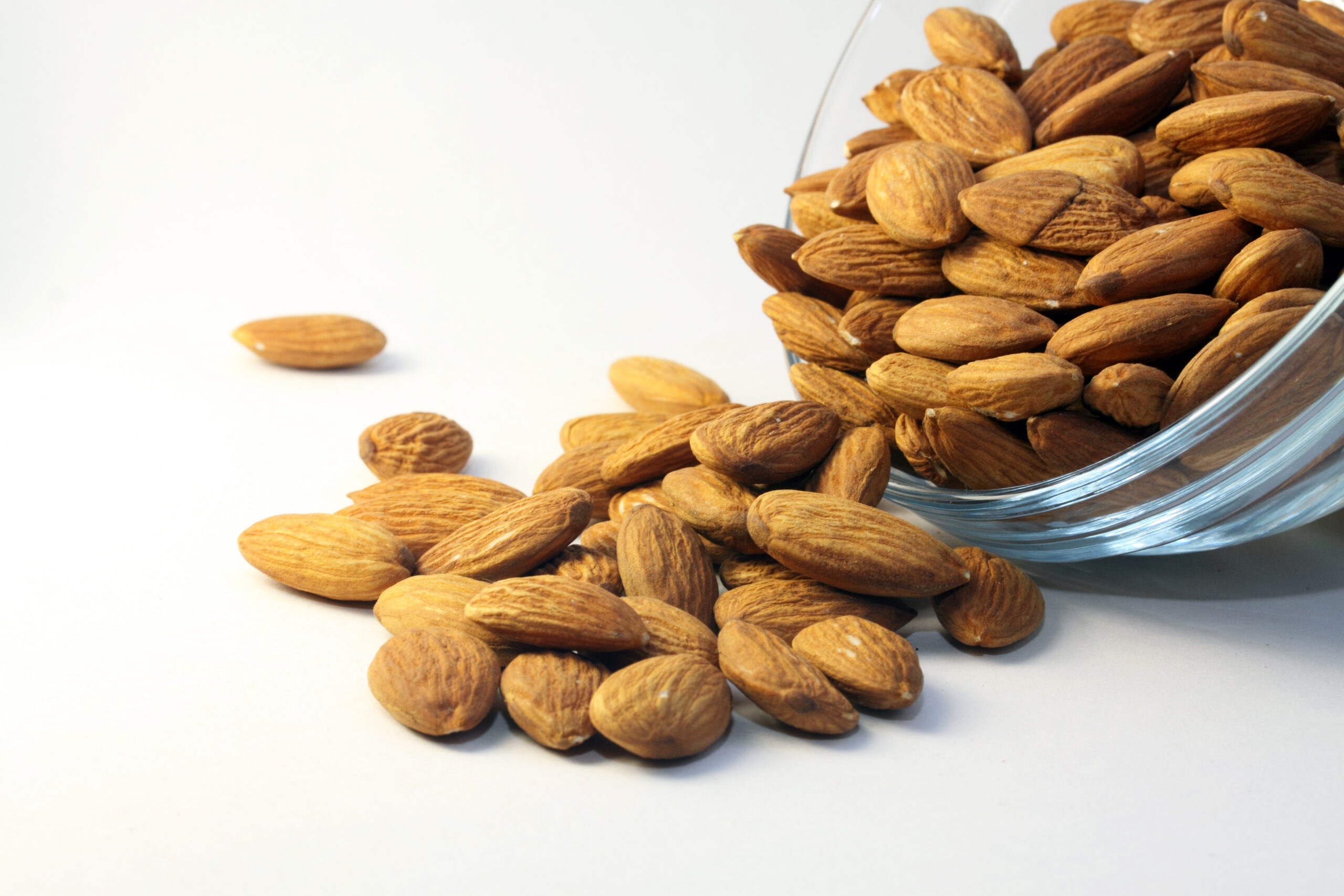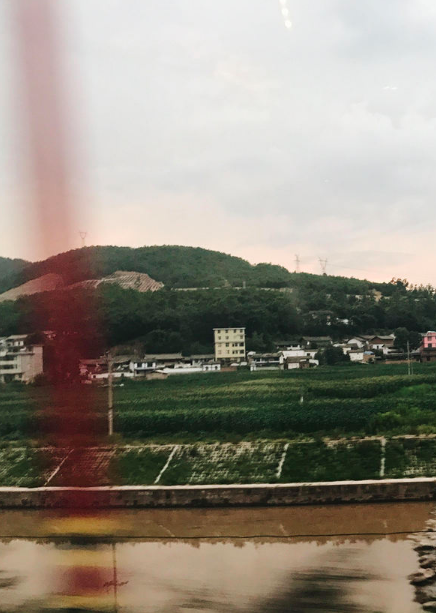I remember the first time I saw a vagina
on the white pitched walls of an art museum—
Columbus, Ohio, mid-afternoon. I was five, maybe
six, maybe a few months shy of my grandmother’s
cremation, the day after my goldfish, Rosie, jumped
down the disposal and my mother ushered me
from the kitchen before she turned it on.
I remember the curve of my little neck
upwards, that lush flesh on display, all swollen
and pink. I remember closing my lips
to the awe that overcame me, my mother finding
my hand to lead me toward the wing of still-lifes,
all those porcelain bowls filled with perfect fruit.
I’ve studied the metaphors of this womanhood,
learned the verses of ‘lady-like’, but I can’t stop staring
at the memory. I remember how unnamable was
the feeling of the rope that hung the disc swing
from my neighbor’s walnut tree as it caught
between my legs, the pleasure in that pressure
before dinner. I remember lying on the shag
green carpet of my bedroom, two days before
my bat mitzvah, bleeding onto the towel
I’d placed beneath me, the red dress I’d wear
at the celebration hung from the door almost
as bright a shade as this rite of passage,
the first time I realized that most deadly
weapons have once been covered in blood.
Sofia Belimova
Bird Man
“You were only waiting for this moment to be free.”
Lennon/McCartney, “Blackbird”
As a Bronx kid at a homeless shelter, he watched
a peregrine falcon devour a pigeon on the windowsill,
and what began in violence leapt to awe,
and awe begat beauty.
Two Stories
By FATIMA ZOHRA RGHIOUI
Translated by NASHWA GOWANLOCK
Petty Thefts
I’m frightened of everything. I walk around with my abnormal body. I haven’t learned to accept it yet, this body that bulges in every direction. Now I have two round lumps jutting out of my chest, and shrubbery growing in my armpits and between my legs. And then there’s the fear that’s plunged itself deep inside me.
The Good Donkey
I am not pleased. Paint is dripping down my hoof and the colors are muddled together. I shouldn’t complain. I agreed to it, of course.
Hafiz is putting together a zoo. And he asked me to be the zebra.
“You’re a very good donkey, habibi,” he told me three days ago, “but the border is closed, and everyone says prices for using the smuggling tunnels have gone up. I can’t afford the zebra in Damascus, and the one in Cairo is twice that price.” He gestured wildly, scattering my oats. What a waste.
I don’t know much about borders, but I would do anything for Hafiz. He is more than a father to me.
Annunciation
I wonder if anyone ever asked Mary
if she wanted a baby? If she was fine
with skipping the sex and going straight
Adam’s Apple
By LATIFA BAQA
Translated by NARIMAN YOUSSEF
I walk in and find the women there in the large hall. I can hear their soft, melodious voices, which means there is no man around. (More accurately: there is no man doing all the talking.) I instinctively head toward them, like an animal finally encountering its species. I take a seat and wait for my turn. Before I came up to the therapist’s clinic, I had run into Fast Lubna—with the hazel eyes, the kohl always smudged, and the newly blonde hair—outside the entrance. She was on the phone. She was dressed in black leather pants and a black leather jacket. I thought she smiled at me, but she didn’t move the phone slightly away from her ear to give me a warm hug as she would have usually done. She used to dress more normally, less severely, before she adopted this style and dyed her long hair blonde. She surprised me. The transformation of the vast majority of women I know since the eighties of the last century has been toward the hijab and extreme modesty, away from modern clothes.
Back Door
or, sonnet of cheating with a friend’s man
Something about the hinge
of your hips, the way you held them straight
when you danced. You pushed my palm to fringe:
the pelt of your belly, then sought the gate
The Common’s Issue 21 Launch Party
On May 6th at 7pm EDT, join The Common for the virtual launch of Issue 21! Contributors Aleksandar Hemon, Celeste Mohammed, Abdelaziz Errachidi, and translator Nariman Youssef will join us from all around the world for brief readings, followed by conversation about place, culture, and translation, hosted by the magazine’s editor in chief Jennifer Acker. This event is co-sponsored by the Arts at Amherst Initiative.
After registering, you will receive a confirmation email via Amherst College, containing information about joining the event. If you’d like to receive a copy of Issue 21 before the launch party, pre-order the issue here.
Reina María Rodríguez: Poems in Translation
Poems by REINA MARÍA RODRÍGUEZ
Translated by KRISTIN DYKSTRA
Translator’s Note
At first, it seems simple to outline the role of place in poems by Reina María Rodríguez. She began writing poetry in Havana, Cuba, a city that permeates much of her work. She grew up in a building on Ánimas Street, not far from the ocean, in a neighborhood of modest means. Eventually she and her partner built a tiny apartment on that same building’s roof out of largely recycled materials, and there they ran a historic, open-air cultural salon in the 1990s. Today Rodríguez remains interested in everyday life, in the realities accessible to inhabitants moving through the city streets. Alongside her explorations of the present, she incorporates memories from her neighborhood into many poems.
Joss
By PATRICIA LIU
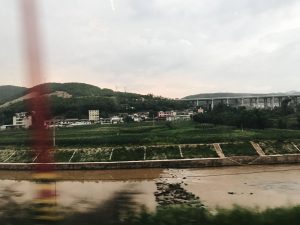
Yunnan Province, China
Paper is thin. In the beginning, still billows in the wind, still petal-like, still grounded in this world
of living. The incense is the only material that translates the viscera to mist. Early, the fog has not yet
lifted, and we move through the white drip as if through total darkness. Fish lost in the deep under-
water. It is easy for water to find home in our bodies. How wonderful it is to think my father’s
dead father a translation of our living selves, the water in-between my cells, the same water of
ghosts. Of women and Buddha, of lotus flower and palace, of lion. See the shine of fire, even
now. See the smoke, encapsulated by the fog. My father tells stories of the state’s inexorable beckoning,
the brothers, and the sisters, too, sent to the countryside. What they remember most is the truck
and the dust, the broad shoulders of horse, that first night and its stars, the mass exodus of dragonflies
following the monsoons—but no, exodus is uniquely a human endeavor. My father cannot bring
himself to anger; he knows it is shame that is the ugliest language. Somewhere, I have lost my place
in the life-wheel, and the only words I know in Chinese are our names. Jiayu is rain. Jialei is rosebud.
Only years later do I learn that Jiayu means jade. Only years later do I long for pure, unadulterated
fortune over the ritual of early rain. Somehow, turn face to sky. Here. In memory, to burn is to revere.

